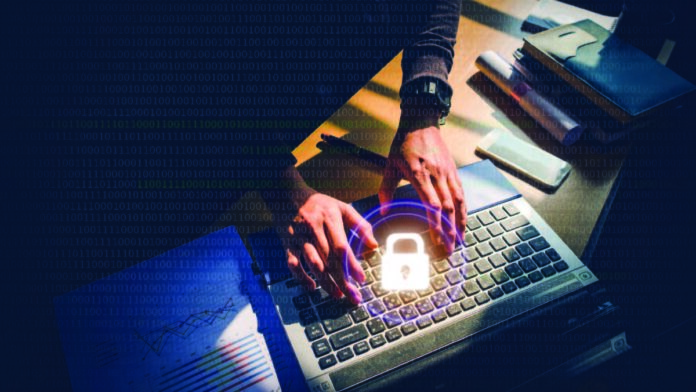Executive teams faced a difficult and dynamic environment even before the onset of a worldwide pandemic, as they fought to secure their institutions from cyber-attack without jeopardizing their ability to innovate and extract value from technological investments.
If there’s one thing that last year taught businesses, it’s that adaptation and flexibility are necessary attributes for any modern firm to succeed. Many companies were unprepared for the current pandemic, but those who had already invested in digital transformation with cybersecurity built in were able to go remote and continue doing business with minimal downtime. Those that were unprepared are now seeing the importance of focusing on and prioritizing cybersecurity in order to lower overall risk. Despite this, many of them are stumped as to where to begin.
Also Read: How to Prepare for Ransomware Negotiation
Shifting from defense to strategy
The business activities of organizations are frequently out of sync with their cybersecurity strategy. Senior executives frequently make strategic company decisions based on revenue and profit targets without considering the impact these strategies may have on their cyber risk exposure. These business choices are frequently made in silos, without the benefit of cybersecurity professional advice, putting those responsible for defending against cyber-threats on the defense.
Careless workers, unhappy employees, and increasing third-party workforces are three of the top five insider threats a business faces, according to Verizon’s 2019 Insider Threat Report. These risk variables are inextricably linked to every organization. Yet, far too frequently, security professionals are forced to react to decisions not only after they have been taken, but also after they have been executed. Having greater visibility and influence in the decision-making process helps cybersecurity professionals to interact with various departments across the organization and ensure that business strategies are aligned with cybersecurity plans. Enterprises will be in a better position to combat cyber-criminals as a result of this.
Increasing organizational operational agility
Businesses have long used business continuity management methods to ensure that, in the case of natural catastrophes, financial crises, or other business-altering events, they have the mechanisms in place to continue delivering their products or services with minimal disruption. While having these procedures in place for certain “predictable” disruptions is beneficial, 2020 has demonstrated that some disasters cannot be foreseen, either in nature or scope. Whether it’s a geopolitical problem, a global health crisis, or a massive cyber-attack, these events won’t always have a script to follow; instead, they will demand organizations to react fast and in real-time. To overcome the myriad issues enterprises face today, businesses must evolve from a traditional business continuity approach to an agile mindset.
Also Read: Strategies to Mitigate Cyber-Risks During Financial Breakthrough
It’s critical for cybersecurity teams to be able to build more strong ecosystems within their organizations that support operational agility. They require assistance and resources in order to develop cyber frameworks that are less rigid, more flexible, and responsive. Having a seat at the executive table where these critical business decisions are made can help to move these initiatives ahead.
Changing cultural mindsets from profits to protection
Pushing cybersecurity to the top of the C-suite agenda fosters a new corporate culture that prioritizes security over profit. At the very least, it equalizes them.
In their go-to-market strategy, all companies are willing to take some risk: “No risk, no profit.” The concern is whether a business can evaluate and understand its degree of risk, particularly its cyber-risk exposure. When cyber-professionals have more visibility and impact in business planning, they can help firms better recognize their true risk exposure and transform mindsets. Unfortunately, the more usual reality for organizations is that they wait until they are caught off guard in the middle of a cyber-attack to realize that investing in better collaboration with their cybersecurity experts is worthwhile.
For more such updates follow us on Google News ITsecuritywire News









